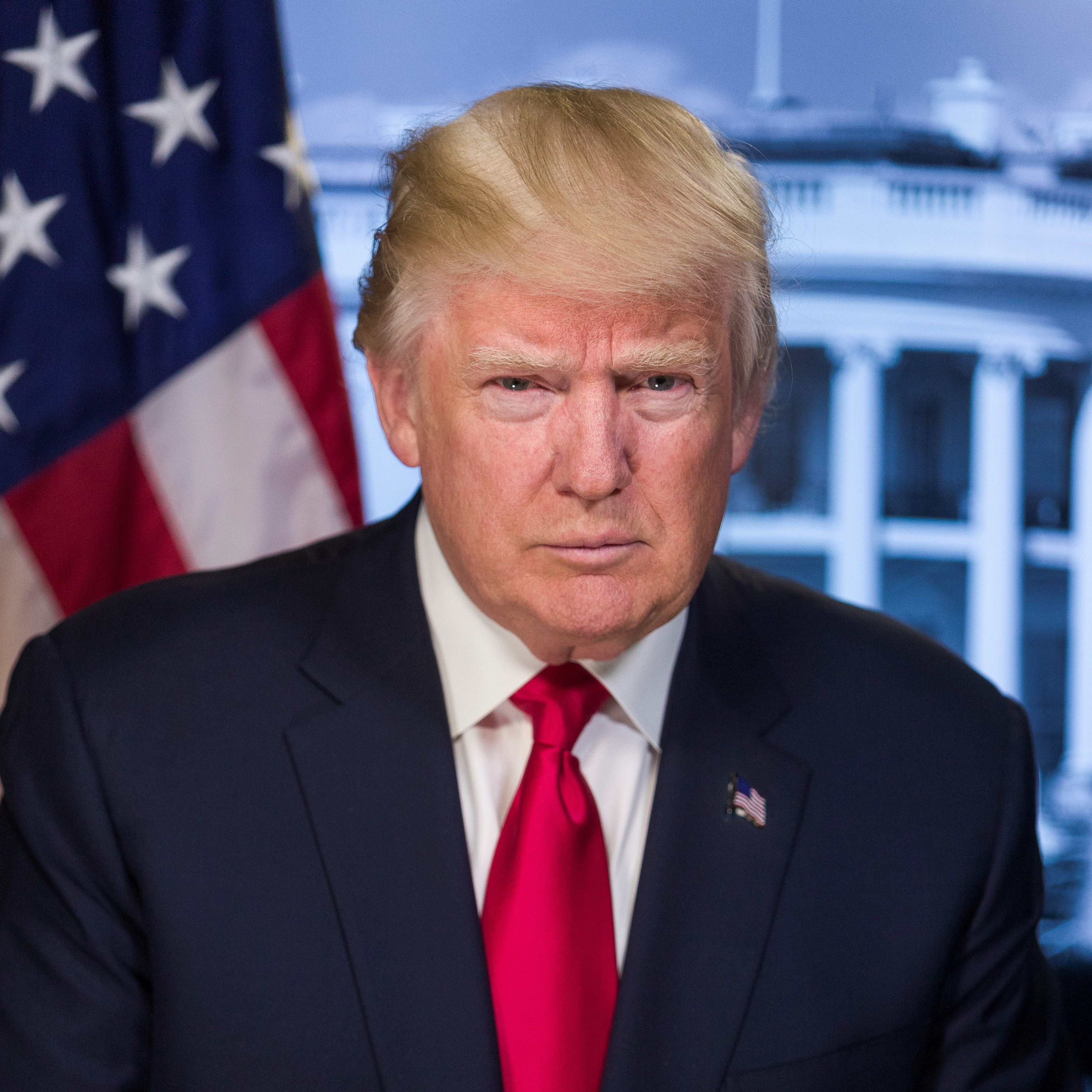Energy
What Trump's New Energy Initiatives Actually Mean for the Industry

Published:
Last Updated:

President Donald Trump on Thursday capped the administration’s “Energy Week” by announcing six initiatives the administration will undertake to drive the United States to a position of global “energy dominance.”
Exactly what energy dominance means is a bit unclear. Energy Secretary Rick Perry said earlier this week that “an energy dominant America means self-reliant … a secure nation, free from the political turmoil of other nations who seek to use energy as an economic weapon.” Not much there that hasn’t been U.S. policy for at least 40 years.
Perry continued:
An energy dominant America will export to markets around the world, increasing our global leadership and our influence.
One might argue that the emphasis on exports is the unique part of the administration’s energy dominance plan, but there’s not much new there either, although Perry (and Trump) would want you to think so. President Obama approved crude oil exports in January of 2016, and the first U.S. liquefied natural gas (LNG) terminal was completed and began shipping LNG before the new president took office.
The six initiatives announced Thursday include:
Removing restrictions on Treasury Department financing of foreign coal plants. The administration believes that by helping build more coal plants overseas, demand for U.S. coal will rise and that will put more coal miners back to work.
Offering new offshore oil and gas leasing opportunities. Opening the waters offshore of the Atlantic Coast and the north coast of Alaska with new leasing programs could take a few years to implement, and even longer to find bidders for. Offshore drilling is expensive and low prices for oil hardly support the investment. This can change, of course.
Reviving nuclear energy following a new study. The new study is a punt. The single largest advantage of nuclear energy is that is produces no carbon emissions. One of nuclear energy’s biggest problems is the massive cost of new nukes. To encourage development of new nuclear energy projects, the federal government needs to apply a carbon tax on electricity generation that acknowledges nukes’ advantage. That is not on the table apparently.
Selling more natural gas to South Korea. South Korea is one of the world’s largest customers for LNG, and the administration wants to add to America’s share of sales. One issue is that Korea now takes a lot of LNG from Qatar, and another is the president already has indicated that he may scrap a free trade deal with South Korea, which would make it more difficult for U.S. LNG suppliers to receive approval to ship their product to Korea.
Approving additional LNG export capacity at Lake Charles, Louisiana. The U.S. Department of Energy on Friday morning approved an additional 330,000 million cubic feet per day of export capacity for the Lake Charles project. The project was originally approved for 2 billion cubic feet per day of export capacity. In the press announcement, the Energy Department notes that it has so far authorized a total of 21.33 billion cubic feet per day of natural gas export capacity.
Building a new petroleum products pipeline to Mexico. The New Burgos pipeline received the go-ahead from the administration yesterday. The 10-inch refined products pipeline is being built in the same right-of-way as the existing eight-inch pipeline and will transport an additional 108,000 barrels a day from near Edinburg, Texas, (near McAllen) underneath the Rio Grande River and into Reynosa, Tamaulipas.
The administration did not refer to the trouble that TransCanada is having recruiting shippers for the Keystone XL pipeline. President Trump approved the 830,000 barrel per day pipeline in early March, and TransCanada has already invested more than $3 billion in getting the pipeline built and the total price has jumped to $8 billion. If anything, this has been a success for opponents of the pipeline.
The thought of burdening your family with a financial disaster is most Americans’ nightmare. However, recent studies show that over 100 million Americans still don’t have proper life insurance in the event they pass away.
Life insurance can bring peace of mind – ensuring your loved ones are safeguarded against unforeseen expenses and debts. With premiums often lower than expected and a variety of plans tailored to different life stages and health conditions, securing a policy is more accessible than ever.
A quick, no-obligation quote can provide valuable insight into what’s available and what might best suit your family’s needs. Life insurance is a simple step you can take today to help secure peace of mind for your loved ones tomorrow.
Click here to learn how to get a quote in just a few minutes.
Thank you for reading! Have some feedback for us?
Contact the 24/7 Wall St. editorial team.